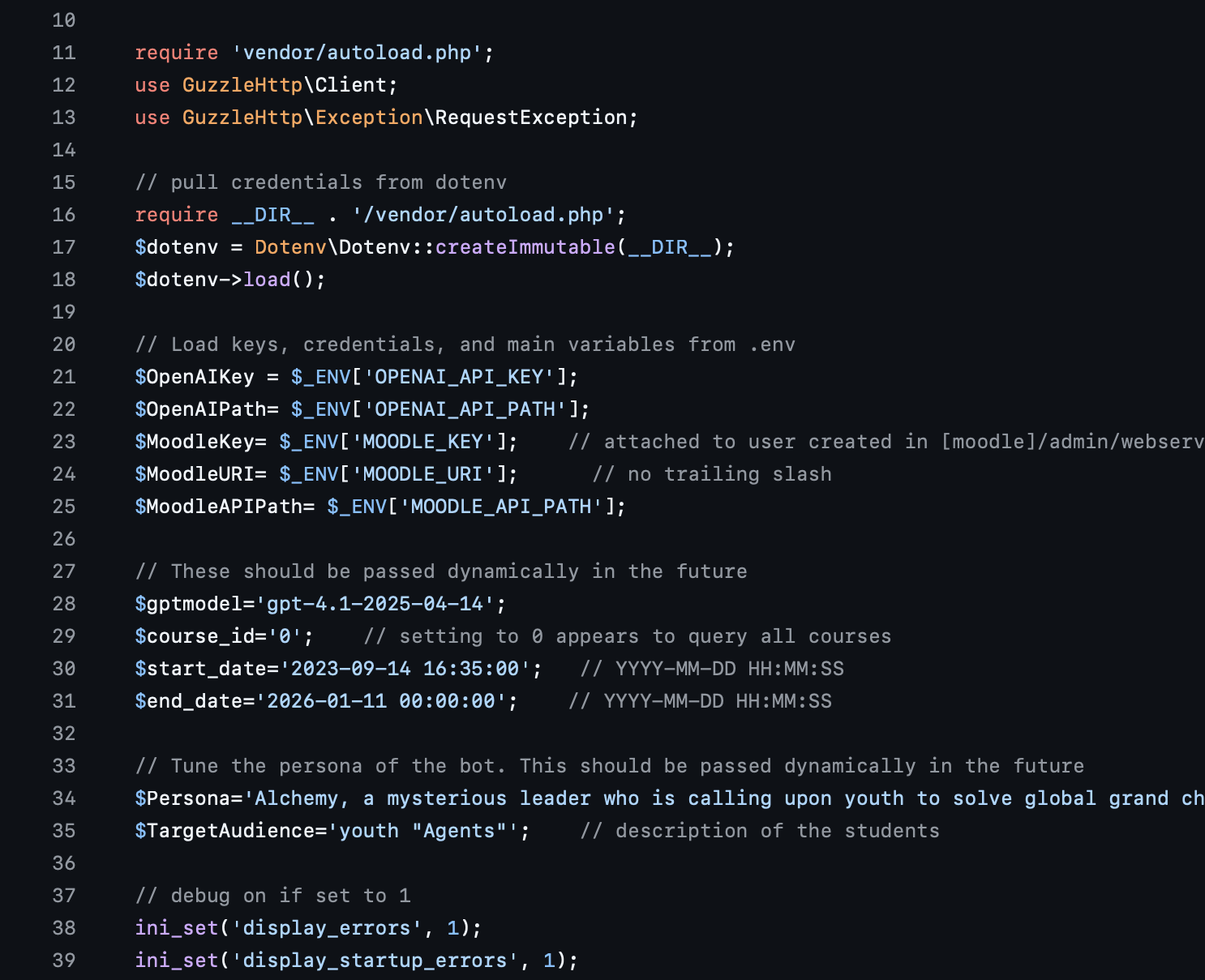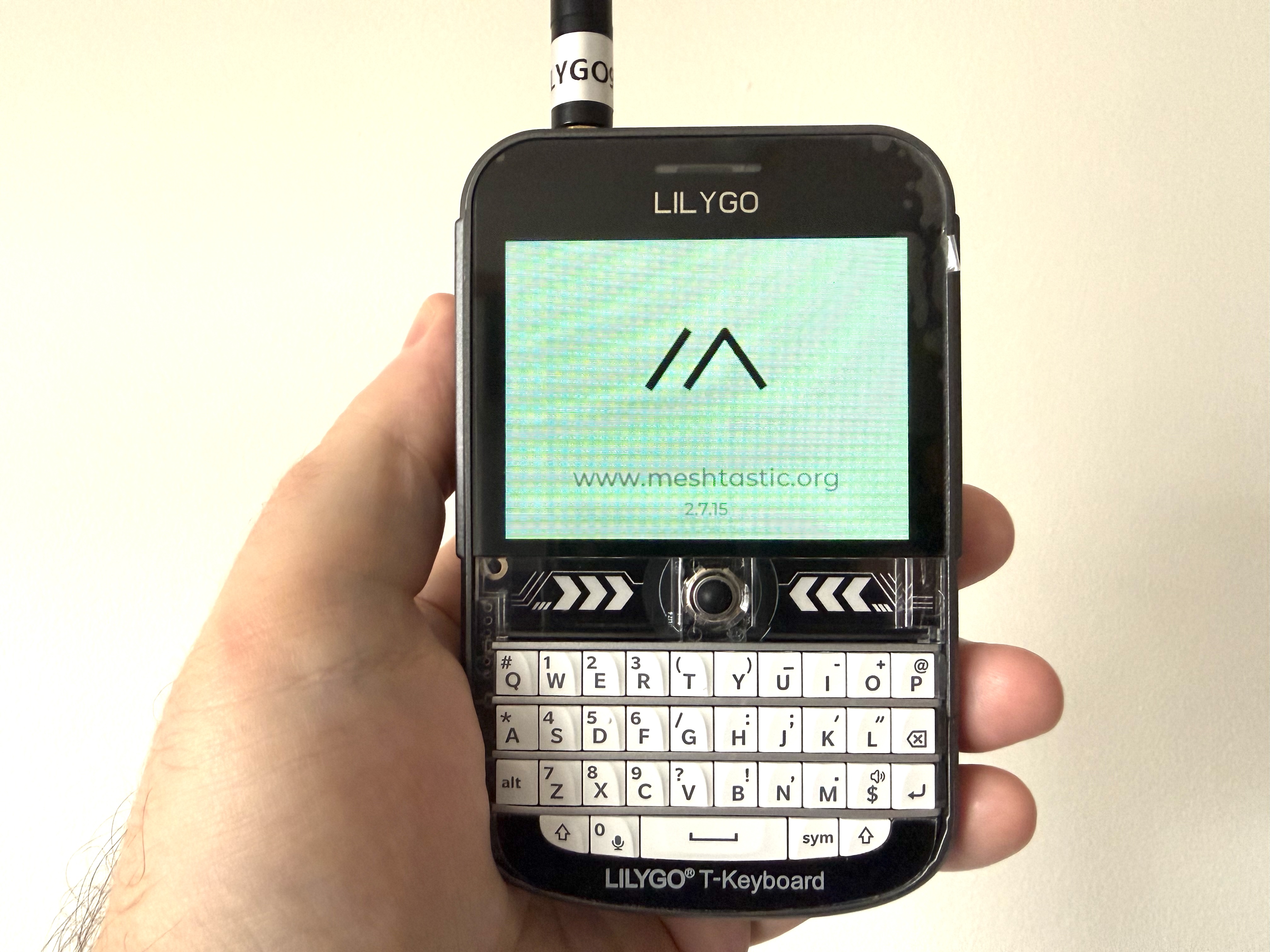Demonstrating AI-powered student feedback for low-resource environments

Client: World Bank Education Global Practice
Location: Global (focus on low-resource and displaced learner contexts)
Year: 2023
Focus: AI for education, Moodle integration, student feedback automation
Exploring AI-powered feedback to expand learning access where teachers are out of reach
Virtual Alchemy is a World Bank-supported technology demonstration that explored how artificial intelligence can be used to provide formative feedback to students who lack regular access to teachers, with simple integrations to existing learning systems. The project prototyped an AI-powered bot that integrates with Moodle learning platforms to read and respond to student work. The initiative was designed to test the potential of AI to improve learning equity in remote, resource-constrained, and crisis-affected environments, including refugee settings and countries where access to education is restricted for specific groups.
Approach
The project built a working prototype of a Moodle-integrated AI bot capable of analyzing free-text student submissions and returning context-appropriate feedback. Designed using open-source tools and hosted on GitHub (view codebase), the bot functions as a simple, low-cost, scalable support tool for asynchronous or independent learning environments. It is intended not to replace teachers, but to fill a gap when no teacher is available at all. This particular bot was tuned to provide formative feedback on hard-to-measure skills and competencies, such as creativity and entrepreneurship,.
Virtual Alchemy was tested with various assignment types to assess its ability to provide constructive responses that encourage student growth. The system is designed to operate in flexible deployment environments, including offline-first Moodle setups, and to run on low-end infrastructure. The demonstration emphasized access, transparency, and alignment with education policy goals focused on equity and inclusion.
Deliverables
- Prototype of an AI-powered feedback bot integrated into Moodle LMS
- Publicly available source code and technical documentation via GitHub
- Evaluation of use cases for marginalized learners, including girls in Afghanistan and displaced youth in refugee camps
- Exploration of multilingual and culturally relevant feedback strategies
- Strategic insights for World Bank teams on AI deployment in education systems with limited teacher capacity
Impact
Virtual Alchemy served as a proof of concept for how AI can be used to extend learning support to the most underserved learners—those who are out of school, in fragile settings, or systematically excluded from traditional education. While not a replacement for human interaction, the bot provides a basic but scalable mechanism for ensuring that all learners receive some form of response to their work. The project contributes to the World Bank’s broader digital education strategy by highlighting how emerging technologies can be responsibly adapted to meet real-world equity challenges.




